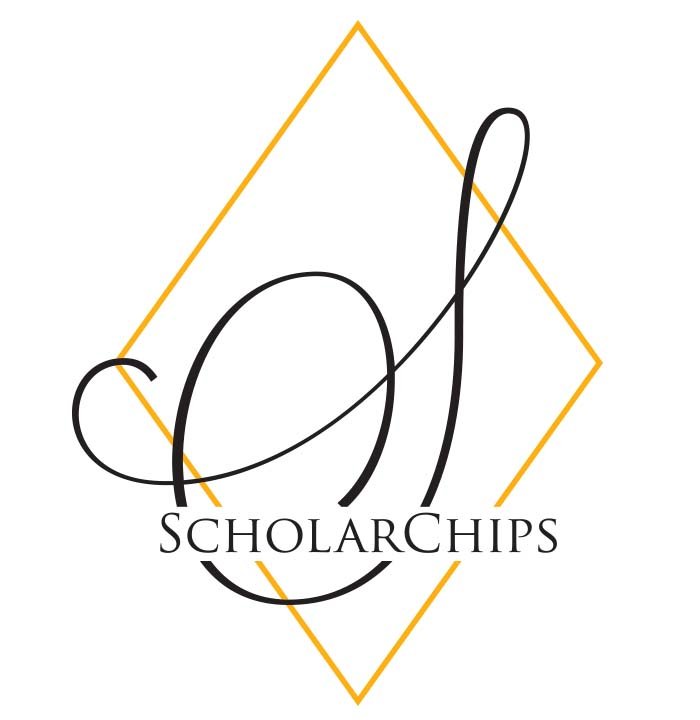The Kilby International Awards Legacy Program
A Living Media Tribute to Jack St. Clair Kilby
and the Kilby Laureates
Experimental Broadcasts for American Public Education

Crossing cultural and geographic boundaries from the U.S. to the U.K. to Africa, the Kilby Broadcast Program has pioneered the use of telecom/Internet technologies to engage thousands of talented, gifted, and underserved students from inner cities, rural, and suburban schools, with Kilby Laureates. These exquisite Role Models enable students to visualize themselves as inspired participants in the worlds of science, technology, innovation, invention, arts, and education.
The Nobel Prize in Physics
Jack Kilby was an American electrical engineer who was awarded the Nobel Prize in Physics on December 10, 2000. During the summer of 1958, Jack was working at Texas Instruments on circuit design. His work led him to conclude that the manufacturing of circuit components in a single piece of semiconductor material could solve a number of manufacturing problems. On September 12, 1958, he showed management a piece of germanium attached to an oscilloscope and when he pressed a switch, the oscilloscope showed a continuous sine wave, proving that his integrated circuit worked. A patent for "Miniaturized Electronic Circuits", the first integrated circuit, was filed on February 6, 1959.
Jack's Life and Career
Jack Kilby was born on November 8, 1923, in Jefferson City, Missouri, and died in Dallas, Texas on June 10, 2005, at the age of 81. Jack grew up in Great Bend, Kansas, graduating from Great Bend High School; the Commons Area at Great Bend High School has been named The Jack Kilby Commons. He received his Bachelor of Science degree from the University of Illinois at Urbana-Champaign. In 1947, he received a degree in electrical engineering, and in 1950 received his Master of Science in electrical engineering from the University of Wisconsin-Madison.
Jack went on to pioneer military, industrial, and commercial applications of microchip technology. His teams created the first military system and the first computer incorporating integrated circuits. He, with others, invented the handheld calculator and the thermal printer.
In 1970, Jack to a leave of absence from Texas Instruments to work as an independent inventor. During this period, he explored the use of silicon technology for generating electrical power from sunlight. From 1978 to 1984 he held the position of Distinguished Professor of Electrical Engineering at Texas A&M University.
In 1983, Jack Kilby retired from Texas Instruments.
Awards and Honors
Jack Kilby earned numerous awards and recognitions throughout his career including The Institute of Electrical and Electronics Engineers (IEEE), including the election to IEEE Fellow in 1966, the IEEE David Sarnoff Award in 1966, co-recipient of the first IEEE Ciedo Brunetti Award in 1978, the IEEE Centennial Medal in 1984 and the IEEE Medal of Honor in 1986. He was co-recipient of the Franklin Institute's Stuart Ballantine Medal in 1966. In 1982 and 1989, he received the Holley Medal from the American Society of Mechanical Engineers (ASME). He was elected to member of the National Academy of Engineering (NAE) in 1967 and received the Academy's Vladimir K. Zworykin Award in 1975. Kilby received the Golden Plate Award of the American Academy of Achiement in 1970 and was co-recipient of the first NAE's Charles Stark Draper Prize in 1989. The Kilby Awards Foundation was founded in 1980 in his honor, and the IEEE Jack S. Kilby Signal Processing Medal was created in 1995.
Kilby is also the recipient of the America's most prestigious honors in science and engineering, the National Medal of Science in 1969, and the National Medal of Technology in 1990. In 1982, he was inducted into the National Inventors Hall of Fame.
In 1993, he was awarded the Kyoto Prize by the Inamori Foundation. He was awarded both the Washington Award, administered by the Western Society of Engineers, and the Eta Kappa Nu Vladimir Karapetoff Award in 1999. In 2000, Kilby was awarded the Nobel Prize in Physics for his breakthrough discovery and delivered his personal view of the industry and its history in his acceptance speech.
Kilby was awarded nine honorary doctorate degrees from universities including Southern Methodist University, the University of Miami, University of Illinois, University of Wisconsin–Madison, Texas A&M University, Yale, and Rochester Institute of Technology. The National Chiao Tung University (NCTU) in Taiwan awarded Kilby with a certificate of Honorary Professorship in 1998.
The Kilby Labs, TI's research laboratory for silicon manufacturing and integrated circuit design, is named after him.
The Jack Kilby Computer Centre at the Merchiston Campus of Edinburgh Napier University in Edinburgh is also named in his honor



